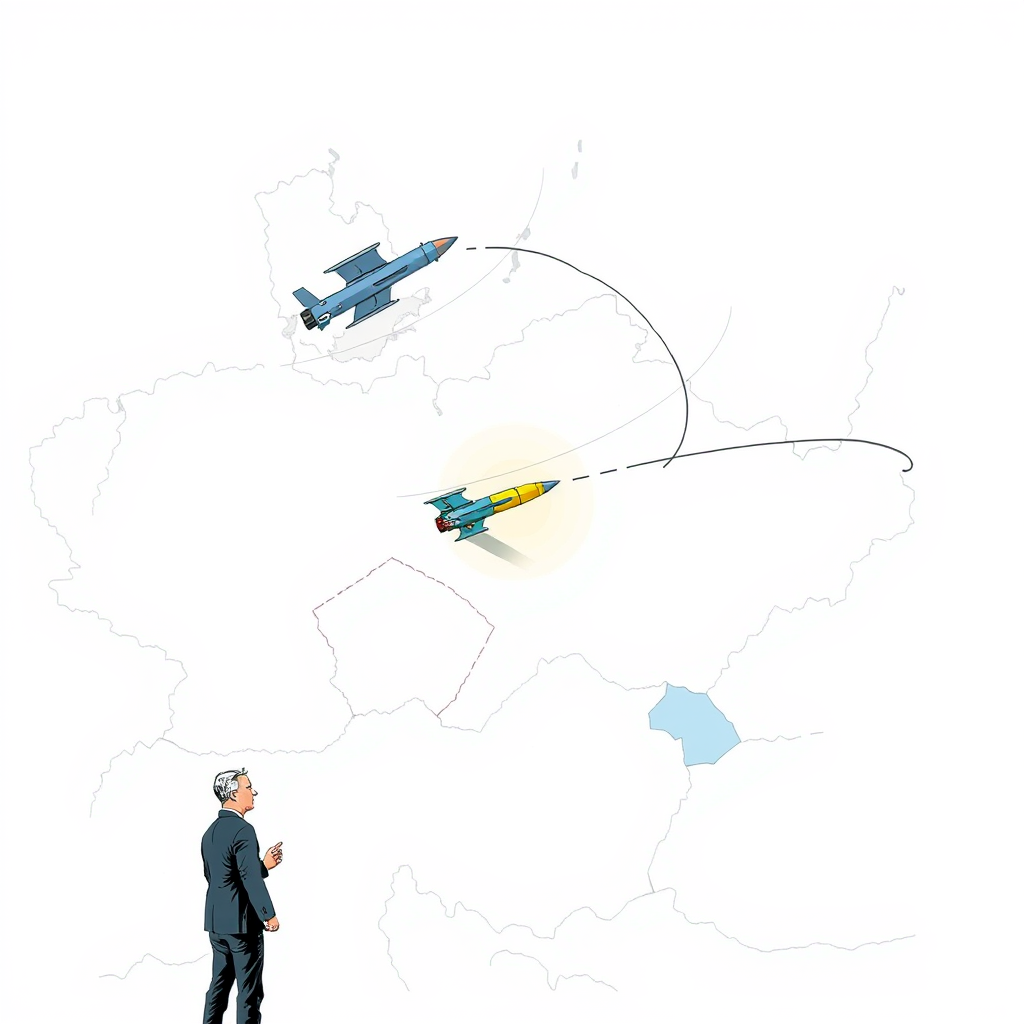Germany Lets Ukraine Strike Russia With New Weapons

Germany has significantly altered its stance on military aid to Ukraine, now permitting the use of German-supplied long-range weapons to strike targets within Russia. This decision, announced by Chancellor Friedrich Merz, represents a clear hardening of Western resolve as the conflict with Russia continues, and marks a departure from the more cautious approach of his predecessor, Olaf Scholz. For months, Scholz resisted providing Ukraine with long-range weaponry, fearing escalation. Merz, however, emphasizes a unified front among Western allies, noting that restrictions on weapon ranges have now been lifted by the UK, France, the US, and Germany.
While the specific provision of Taurus missiles, previously requested by Kyiv, remains unconfirmed, Ukrainian forces are no longer bound by geographic limitations when utilizing German systems. Merz stated Ukraine can now “defend itself by attacking military positions in Russia.”
The Kremlin swiftly condemned the move, with spokesperson Dmitry Peskov labeling it “a rather dangerous decision” that undermines efforts toward a political settlement. This condemnation is predictable, but it underscores the escalating nature of the conflict and the increasing willingness of Western nations to provide Ukraine with the means to strike back at Russian territory.
Interestingly, a government official clarified that Merz’s administration, in power since May 6th, never actually imposed such range restrictions, framing the announcement as a formalization of existing practice rather than a policy shift. This detail, while perhaps semantic, highlights the internal political dynamics at play.
The timing of this decision is particularly noteworthy, coinciding with heightened uncertainty surrounding potential ceasefire negotiations. Former President Donald Trump, who has indicated a desire to facilitate talks, recently held calls with both Vladimir Putin and Volodymyr Zelensky. However, Russia launched a major offensive just days later, casting doubt on the prospects for a swift resolution. Trump’s subsequent criticism of Zelensky, delivered via Truth Social, further complicates the diplomatic landscape.
The US position remains somewhat unclear. While some restrictions on long-range missile supplies are reportedly under review by Trump, President Biden had previously authorized the use of ATACMS missiles in strikes on Russian territory.
Ukraine has already demonstrated the effectiveness of long-range weaponry, utilizing British Storm Shadow missiles with “very successful” results, according to military sources. This decision by Germany, coupled with the potential for further easing of restrictions by the US, could significantly bolster Ukraine’s ability to strike deep inside Russia, potentially altering the dynamics of the war.
This shift in German policy, while undoubtedly welcomed by Kyiv, carries inherent risks. Escalation remains a constant concern, and the Kremlin is likely to view this move as a provocative act. However, the argument can be made that providing Ukraine with the means to defend itself, including the ability to strike targets within Russia, is a necessary step to deter further aggression and create a more favorable environment for eventual negotiations. The situation remains fluid and unpredictable, but Germany’s decision signals a clear commitment to supporting Ukraine’s fight for sovereignty.